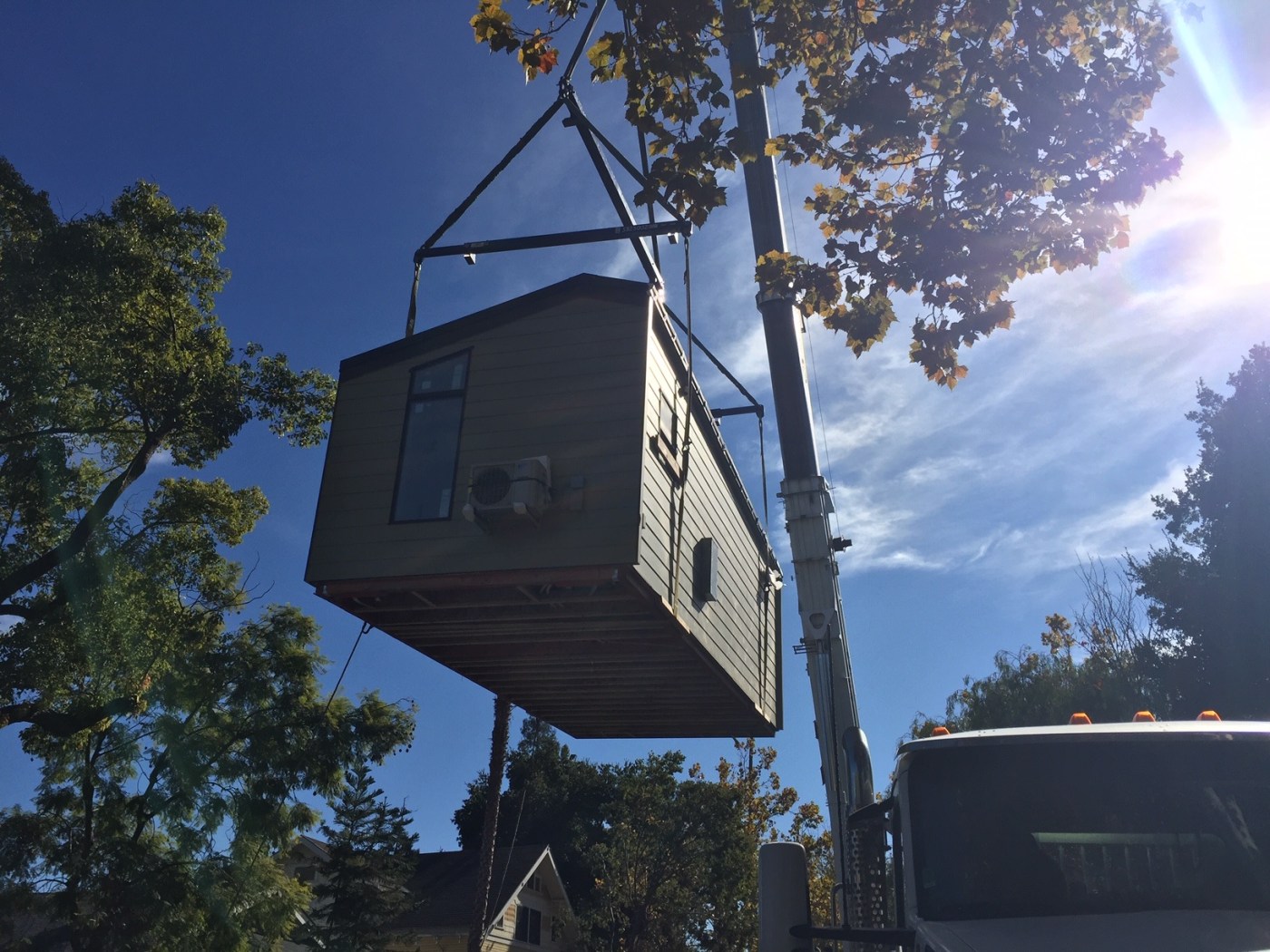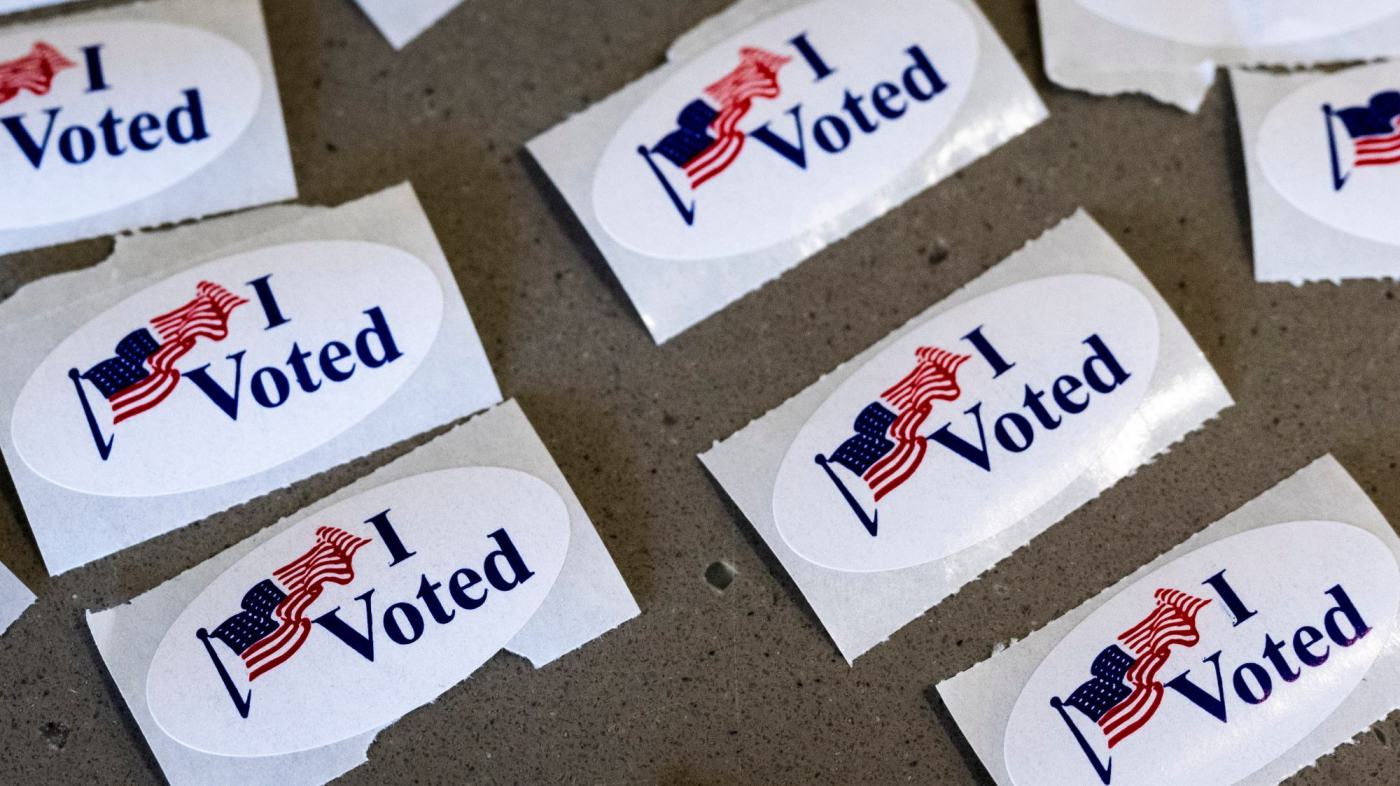As the San Jose government begins to tap into the use of artificial intelligence to solve civic problems, the city is set to apply it to one of its most vexing issues: permitting.
City officials announced the launch of a new AI pilot program on Thursday that will review applications for ADUs, which include the most basic information about a project and are currently sent back to customers for missing information more than 90% of the time.
The AI platform the city intends to deploy was developed by Chicago-based CivCheck, which markets itself as being “built for plan reviewers, by plan reviewers.” Once it scans an application, it will flag any missing or incomplete information and create an autogenerated response. During the testing phase, city employees will continue to perform manual application checks while evaluating the software.
Related Articles
Bay Area AI companies embroiled in trade secrets fight over claim of stolen documents
Tech company bets on AI-fueled auto repairs with East Bay expansion
AI boom can deliver $100 billion-plus deal, says Barclays banker Woeber
California lawmakers kill plans to curb AI-manipulated prices
Anthropic completes new funding round at $183 billion value
Should the test phase prove successful, the city could eventually roll out the same process for single-family housing applications.
“It’s modest to begin with because we need to test and get it right, but I believe that the potential for using AI to improve the permitting process is very significant,” San Jose Mayor Matt Mahan said in an interview with The Mercury News. “We need to bring permitting into the 21st century, because we’re simply not moving at the speed of business for an increasingly competitive world. California is losing too much investment to other states, and the U.S. is losing too much ground to other countries at times.”
In addition to its quest to become the AI capital of the world, San Jose has emerged as a leading force among government entities in promoting the use of tech tools to increase efficiency and effectiveness.
The city helped forge the GovAI Coalition, which has now grown into a group of hundreds of local, state and federal agencies that share strategies to accelerate the adoption of new solutions. It was also the first city government to partner with Nvidia on a workforce pipeline initiative.
While a recent report from the Massachusetts Institute of Technology found that 95% of companies implementing AI pilots had zero return on investment, San Jose has already implemented or is testing out translation services for city meetings and webpages, tools for identifying potholes, graffiti, illegal dumping and homeless encampments and traffic impact models for construction and major events.
The city has also developed an AI program that enables employees to learn how to utilize AI tools, thereby increasing productivity and efficiency. While its ultimate goal is to train more than 1,000 employees to use the new technology, Mahan said he did not see AI replacing employees but rather freeing them up to do other tasks that are better suited for “human effort.”
“What we’re mostly seeing right now is that AI can generate significant time savings for city staff in certain functions,” Mahan said. “It can speed up and improve the quality of crime investigation through tools like ALPRs. It can allow us to provide real-time language translation in more languages, more cost-effectively through Wordly, and having that for people to use rather than paying manual in-person translators and two or three languages, we have a tool that’s a plug-in and lower cost, and can cover more languages and more meetings more efficiently.”
However, one issue that continues to be a sore spot for developers and homeowners is the lengthy and tedious process of obtaining a permit.
Before his time as mayor, Mahan said that the Smart Cities and Service Improvements Committee had taken a deeper dive into why it was taking approvals and even denials 12 months or more.
Although the city has made some improvements to speed up specific processes, including offering pre-approved ADU plans and certifying architects and engineers to obtain permits more quickly through its Best Prepared Designer Program, city officials said that permitting was still relying on antiquated methods.
Mahan said the city decided to start with ADUs because their application is more straightforward than other projects. However, he added that they represent an essential piece in the housing production picture, estimating that ADUs represented roughly 22% of all new housing built and that there needed to be greater efficiency by reducing the back-and-forth and getting “faster to ‘Yes.’”
“This is an important experiment in the feasibility of AI to better serve our customers and goals for building in San Jose,” said Chris Burton, director of the Planning, Building and Code Enforcement Department. “We are dedicated to taking any guesswork out of the permitting process, helping builders and residents move quickly with clarity and confidence.”





